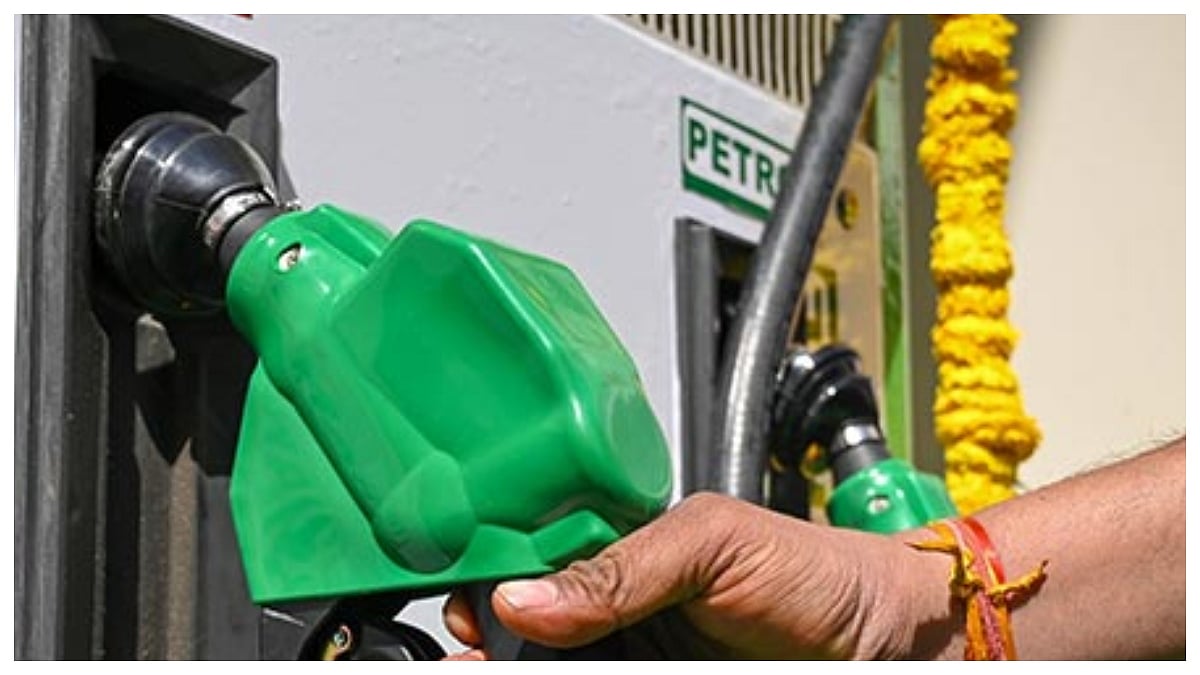Is Ethanol Fuel Hurting Your Car?, Vehicle Owners & Automakers Raise Red Flags
As India expands ethanol blending in petrol to E20, automakers and users raise concerns over vehicle damage, reduced mileage, and safety risks. Government continues its green fuel push despite growing technical and consumer worries.

India Accelerates Ethanol Push with E20 Petrol. |
Key Highlights:
- E20 rollout sparks engine damage and mileage concerns among vehicle owners.
- Automakers advise caution, citing lack of compatibility in older vehicles.
- Ethanol’s low energy density and hygroscopic nature pose long-term risks.
New Delhi: The Indian government is rapidly expanding its green fuel policy by promoting ethanol-blended petrol, starting with E10 (10 percent ethanol) and now scaling up to E20 (20 percent ethanol) at fuel stations across the country. Petroleum Minister Hardeep Singh Puri recently highlighted the environmental and energy security benefits of ethanol blending.
Automakers Raise Red Flags
Despite the environmental promise, automakers and consumers are sounding the alarm over the possible risks of using E20 fuel in existing vehicles. Many older models are calibrated only for E10, and using E20 may result in engine damage, degraded performance, and loss of warranty.
Only some newer vehicles come equipped with ethanol-resistant components and upgraded engine control units (ECUs) designed to handle E20. Manufacturers are asking the government to roll out the change gradually and improve fuel transparency at pumps.
Consumers Report Mileage Drop, Engine Issues
Vehicle owners across the country have begun experiencing performance issues after unknowingly using E20. Complaints include:
- Lower mileage (up to 4 percent drop)
- Engine knocking and rough idling
Sluggish pickup, especially with older engines
Lack of clear fuel labelling has meant that many consumers aren’t even aware if their vehicles are being filled with E10 or E20. This has led to unintentional fuel mismatches, especially in vehicles not designed for E20 use.
ALSO READ
Ethanol's Technical Impact on Engines
Experts warn that ethanol absorbs moisture, leading to corrosion in metal tanks and degradation of plastic and rubber components. It can also result in clogged injectors, fuel leaks, and increased maintenance.
Ethanol also contains 33 percent less energy than petrol, directly impacting fuel efficiency, especially in non-flex-fuel cars. Drivers of 2022 model cars like the Maruti Suzuki Brezza have reported visible declines in mileage and responsiveness, citing ethanol as the likely cause.
RECENT STORIES
-
-
-
-
-